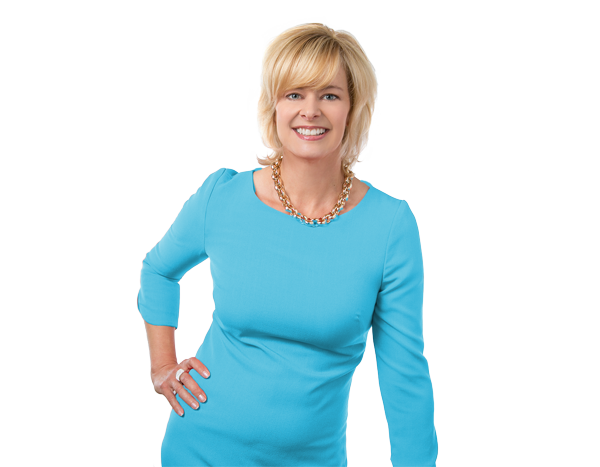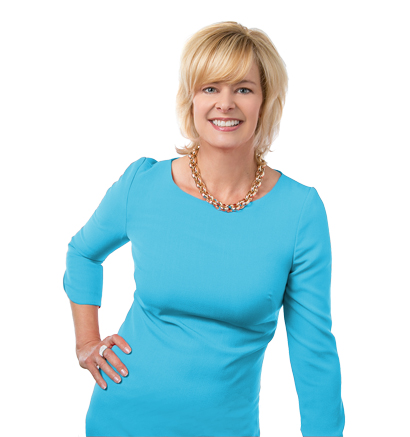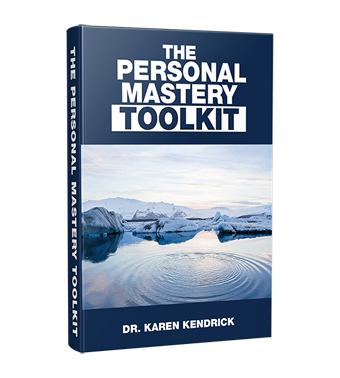THE 7 MOST IMPORTANT THINGS TO KNOW ABOUT YOURSELF
ABOUT THE EPISODE
How much do you really know about yourself? Discover the 7 most vital areas of self-knowledge that can transform your life.
TRANSCRIPT
None of us comes into this world with a personal operating manual neatly handed to us on a silver platter. Our self-knowledge is something that we have to put in the time and the miles to discover on our own.
Hi Everyone, it’s Dr. Karen Kendrick, and Welcome to Mastery Now.
If you’ve been a student of personal development or positive psychology or success habits for any length of time, you’ve probably been hearing about the importance of knowing yourself.
Researchers of emotional intelligence and leadership and executive performance have all pointed to self-awareness as a critical skill. And yet, how many of us really know ourselves that well?
A study of 17,000 leaders worldwide by Hay Group Research found that only 19% of women and 4% of men that they surveyed exhibited real self-awareness, especially in terms of their impact on others and how they were actually spending their time.
So that’s pretty amazing. That suggests that over 80% of those leaders have some work to do in terms of knowing themselves better, especially in the context of their job.
So if I asked you right now, on a scale of one to ten, would you give yourself a ten? And if I asked your friends, family, and co-workers how well you know yourself, what would they say? Would they give you a ten?
Well, my guess is, if you’re like most of us, you probably wouldn’t give yourself a perfect score. And that’s because there’s so many factors that can influence our self-knowledge. And the reality is there’s always more to know. We’re not static human beings. Things happen. We learn, grow, and change.
So why do we care about this? Why is this such a big deal? Well, it’s because self-knowledge is the critical gateway to so many good things.
You know, when you think about it, it helps you make better decisions and have fewer regrets. It can boost your self-confidence and your trust in yourself. It can help you understand other people better and trust them more. It also can help you lead more effectively and manage or alter your actions that you’re taking so that you can perform better. And it can help you attract more of the right people and opportunities into your life.
As far back as 2500 years ago, the Chinese philosopher Lao Tzu had said, “Knowing others is intelligence, but knowing yourself is true wisdom.” So I think that’s such a relevant quote here as we talk about self-awareness, because even all those years ago, we were recognizing how important knowing yourself is.
So I think it’s really a worthy pursuit here to spend time getting to know yourself and continuing to do so. It’s not something that you just do once, but you continue to do over time.
Now, of course, there’s a lot of different ways to learn about yourself. Much of it just comes from over a lifetime of experiences, and trial and error, and even feedback that we get from family and friends and the people that we work with. But it also can come from more formal methods too, like self-assessment tools or journaling or coaching or even professional therapy.
So because this is such a big topic and we could have multiple episodes about this, I want to focus less on the process about how you learn and more about what to know about yourself in this episode.
So what I’m going to walk you through are seven things to know about yourself that I think can be the most instrumental in transforming the quality of your life.
Now keep in mind as we go through this, that this is not an exhaustive list. This is just some of the critical few that can have the most impact. And also know these aren’t ranked ordered in any way either. They’re all equally vital to your well-being and fulfillment.
So let’s start with number one. Number one is, what is it that you truly want?
Now, I’m not talking about what you want for dinner tonight. I’m talking about what you want from your life, from your partner in life, from your work. These are your big goals, your dreams, your expectations for your lifestyle.
Now, when you’re clear on what you want, it really creates the right focus and momentum and helps support the discipline that you’re going to need to go after those things. And it helps you make the right choices that are aligned with the outcomes that you want.
You know, when you think about it, if you don’t know what you want or where you want to go, there’s no target to shoot for. And it’s going to be harder to feel satisfied with your life if you haven’t gotten that clarity and sense of direction for where you want to spend your energy and your time.
So start asking, what do I really want from my life? Now, for some people, I know this is easy, it’s a slam dunk. But for others, this may take some digging. So just know that you have to work at it sometimes. And don’t be afraid to keep going at it until you get that clarity.
And just also know that as your life continues to unfold, what you want can change. And it often does. So you want to stay on top of this. You want to get good at asking this question periodically and keep yourself on focus. Keep yourself directed, and make sure and check in with yourself that what you’re pursuing is indeed what you want. You want to be clear as you move ahead.
The second thing to know about yourself is what your needs are. What do you need physically, mentally, emotionally, socially, and even spiritually to feel good and thrive?
For example, how much sleep and downtime do you need? How much romance or intimacy do you need from your relationships? How much stimulation and novelty from your job do you need to feel challenged and energized? That’s going to differ wildly by individual.
Getting in touch with what you really need and not being in denial about your needs is going to set you up for optimal health and wellness. And it’s going to make you more able to give more to others when you’re not neglecting yourself. And when you know what you need, you can better communicate those needs to others, so that you can reduce or address any misunderstandings or conflict that may come up.
The third thing to know about yourself is what do you most value? What’s most important to you? And who really matters?
What you value could include things like freedom, justice, education, or concepts like owning your own home, staying healthy, or having a strong marriage. It can also include specific people such as your spouse or your kids, or your favorite teacher or a mentor.
When you’re clear on this, you’re more likely to make choices that are aligned with these values. And when you’re in touch with your feelings about what you value, you’re less likely to take these things for granted and put more effort into it to protect and preserve these things at all costs.
And when you communicate this information to other people, you can also help avoid disappointments, conflicts, or people saying, “Well, hey, I really didn’t even realize that that was important to you.”
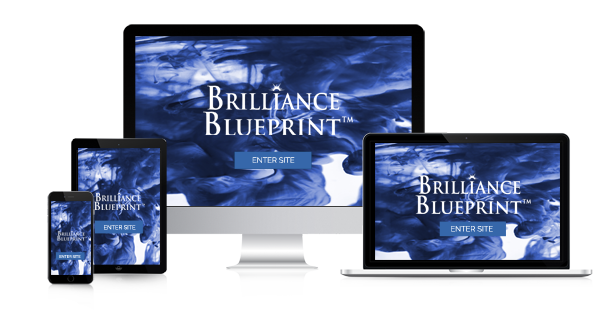
MASTER YOUR GAME
Get world-class training to boost your self-knowledge, success, and fulfillment.
The fourth thing to know about yourself are what are the little things that bring you the most joy? What are the easy, fun little pleasures in life that make you feel happy or lighten your day, make you smile and reduce your stress?
Building in these tiny moments of joy are a critical element of self-renewal and avoiding burnout. You know, they say the best things in life are free, and there’s certainly a lot of wisdom in that. These are simple little things you can do, like really smelling your morning coffee or tuning in when your kids laugh or having a photo nearby of your family on vacation.
The key is to know these highly effective joy boosters and build them into your day consistently. Every little bit helps to just offset all the stress and negativity that you can be exposed to in an average week.
And if you really want to kick up that sense of joy even more, actively invoke a sense of gratitude for each of these items as you encounter them. Whether again, it’s that morning coffee or your kids laugh or that photo, that’s going to take things to a whole new level.
The fifth thing to know about yourself is how does your body best operate? Our bodies are highly unique pieces of machinery with a lot of different moving parts. We all have differences in terms of how much sleep and exercise and protein and water, etc. that we need to thrive.
So it’s key that you tune into what those cues your body gives you about when it does feel best. When it’s not fatigued, when is it not dehydrated. When is it tense?
Athletes are great at this in terms of experimenting with and fine tuning their diets, exercise routines, recovery strategies, sleep schedules, caffeine intake, etc., to get their best performance. They may reduce or get rid of some things or even add new things in, like meditation or new supplements or more muscle stretching.
So take a cue from them. Figure out what works best for you to produce the most energy, focus, and calmness that sustains your best performance and sense of well-being.
And that brings us to the 6th thing to know about yourself, and that is what your beliefs and feelings are about yourself. You know, deep down, do you think you’re capable? Do you think you’re lovable and worthy? Smart? A good person? Or are there nagging doubts or anxieties or even self-loathing that are in your thoughts?
You know, while everyone, no matter how successful, has these moments of self-doubt and worry, the key is to keep them in perspective and just not let them pervade your every thought and ruin your life.
And the only way to address that, if that’s happening, is to get in touch with those beliefs and feelings. Question if they’re really true and work through them. You can’t change what you’re not aware of. So do what you need to do to find out whether it’s through journaling or talking to a friend or using some self-assessment tools or something else.
And if you need professional therapy to bring those thoughts and feelings to the surface and deal with them constructively, then I hope that you’ll take that step to help yourself. It’s one of the smartest things you can do to support your inner peace and quality of life.
And finally, number seven in terms of what to know about yourself is, what are you willing and committed to do to get what you want in life? Once you’ve identified your dreams and goals, it’s time to get serious. It’s easy to say you want something, but if there’s no real commitment and your actions don’t line up with what you say you want, it’s going to be hard to get where you want to go.
Life is about choices. And if you want to have or achieve certain things in your life, it’s often about discipline, postponing gratification, taking responsibility, and doing what it takes.
So are you willing to keep yourself on a budget or get a certain educational degree or stop smoking, go to marriage counseling or eat more vegetables in order to have the body you want, the career you want, or the relationship you want?
So I’m going to really encourage you here to dig deep and be 100% honest with yourself about what you’re really willing to do. And then once you are clear on that, align every aspect of yourself. Your head, your heart and your hands towards those efforts.
Once you do that, you’ll generate that energy and focus and passion that you need to keep yourself going and achieve what you want.
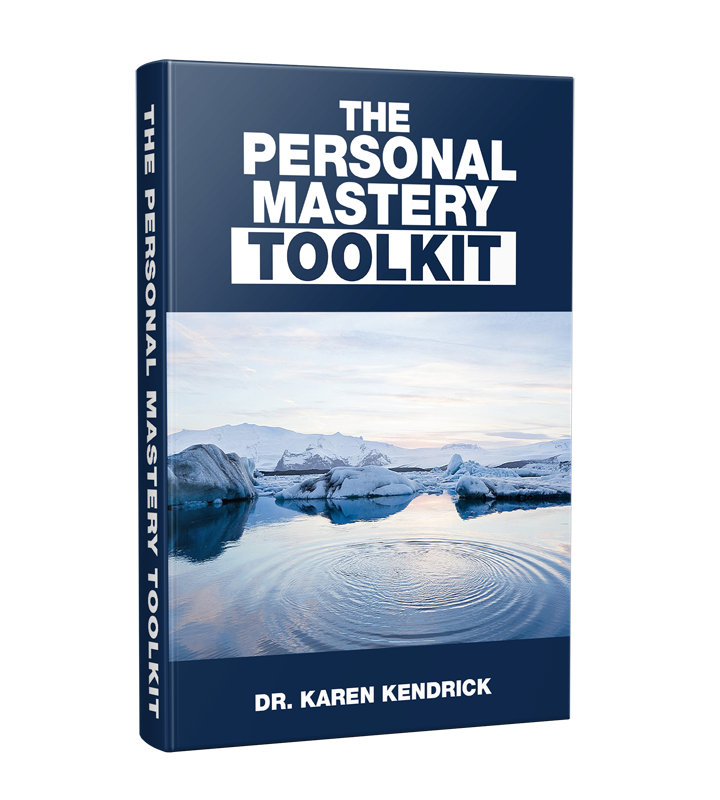
Get a FREE copy of The Personal Mastery Toolkit!
Raise your game and lead an exceptional life.
IF YOU LIKED THIS CONTENT, CHECK OUT:
HOW TO FIND YOURSELF
NEW TO KAREN?
